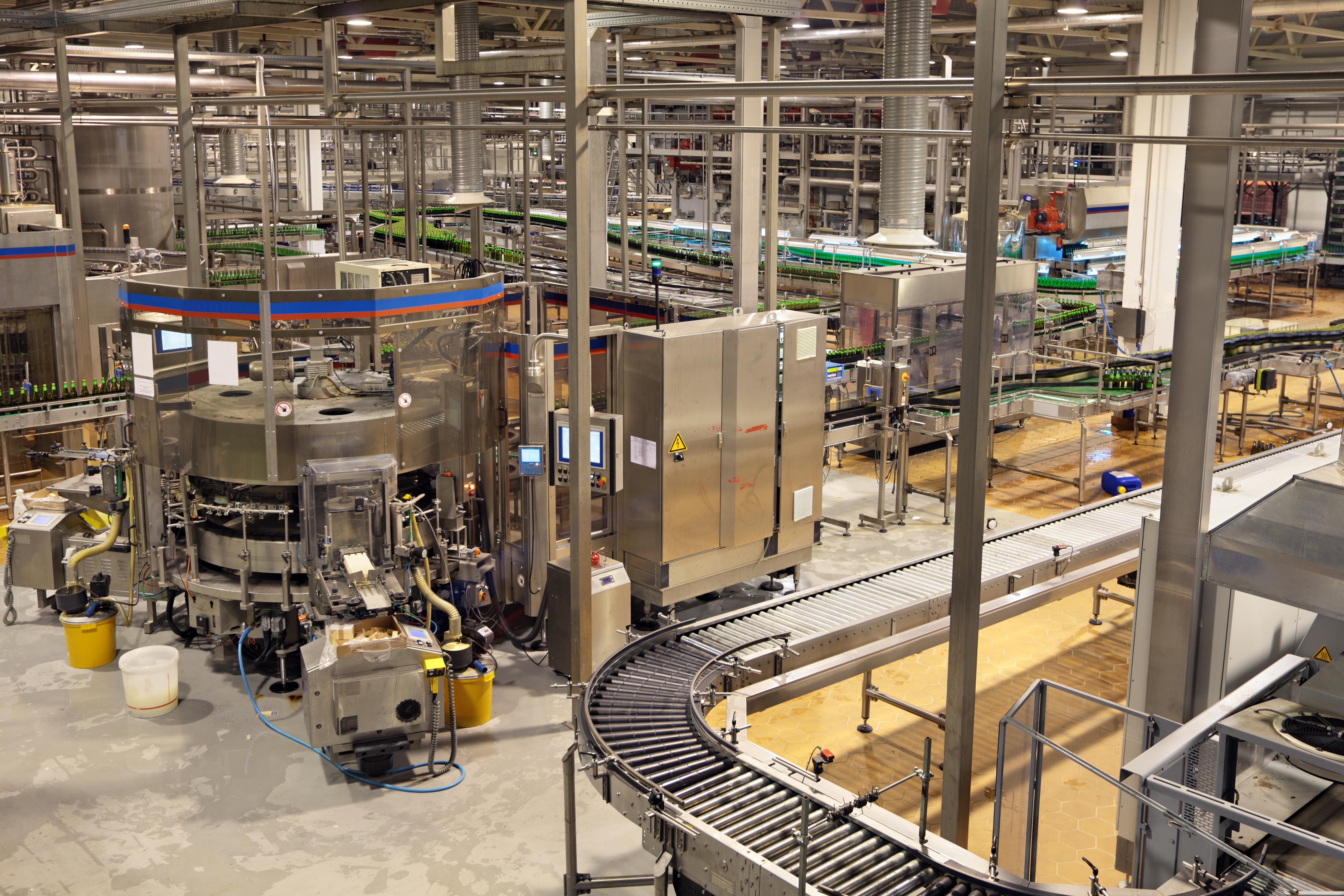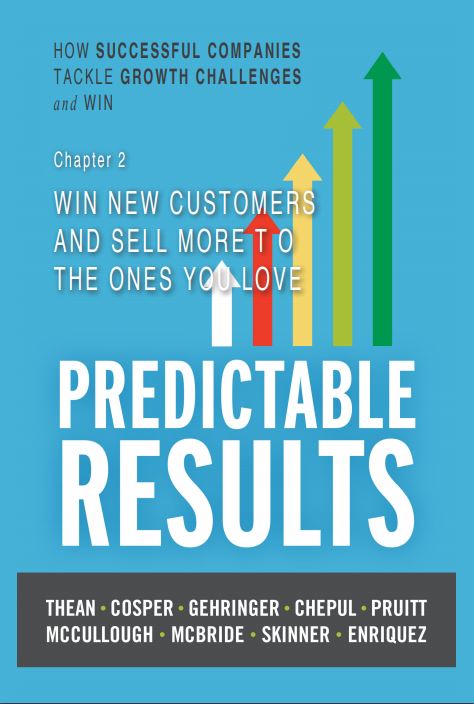NEW DATE - An ICCG Webinar: How To Create A Compelling Business Case For Infor M3 Upgrade
An Economy Of Instant Gratification Makes Delivering Packaging & Products On-Time More Important Than Ever Before
Think about this:
81% of consumers in the 2016 IBM Consumer Expectations Study said they would choose one retailer over another based on the ability to see whether an item is currently in stock and if it will arrive on time. Whether online or in store, 72% of shoppers would make a purchase from another retailer if an item is out of stock, an increase from 42% in 2011.
All the while, Amazon continues to disrupt the retail industry with supply chain innovation as it drives consumer expectations toward quicker delivery rates: 72% of consumers now consider the option of two-day delivery a key factor influencing their buying decisions.
This trend means companies can no longer compete based only on the quality of their products; they also must battle on the performance of their supply chains.
Continue reading this blog from our partner, Infor to learn how digital commerce networks can help you deliver online orders on time.
Topics: Manufacturing, Process Manufacturing, Supply Chain, Warehouse Management Systems
Achieving Superior Product Development In Process Manufacturing
Even the best innovators have notorious flops: New Coke®, Apple® Newton, Microsoft® Zune, LifeSavers® Soda, and Harley-Davidson® Perfume are a few notable examples. Some companies can overcome blunders because their sheer size makes them unstoppable market forces. But for others, even a single mishandled launch can threaten company-wide failure.
The risks are even greater for process manufacturers who must continually innovate with new and iterative products to excite customers and generate new revenue. But the path to profitable innovation is paved with challenges: tighter launch windows, fickle B2C and B2B customers, volatile market swings, and increasing demand for unique, customized products.
An uphill battle
Product development is fundamentally more difficult in process industries. For too many companies, years of internal research and testing lead to product launches that meet with lukewarm success-and negligible profits.
Topics: Food & Beverage, Chemical, Process Manufacturing, Agricultural
Converged Commerce - Retail The Way It Should Be
Retailers have already progressed from single channel to multi-channel, and now they’re focused on omni-channel. Omni-channel, however, is often implemented as an integration between disparate systems— leaving data silos in place and creating a rigid and fragile system. While integrating existing POS, e-commerce, and distributed order management systems can help you achieve an omni-channel experience, it will be expensive and tedious to maintain in the long-term. Here's a different approach, which we call Converged Commerce.
Topics: Retail
The Food and Beverage industry has had its ups and downs, hits and misses, close calls and grand slam hits out of the ball park. Erratic seems to be an appropriate qualifier, on good days. On the other days, chaotic and confusing may come to mind. How is a food processor able to cope with never-ending waves of change, evolving restrictions, fluctuating market demands, and consumer fickleness?
Topics: Food & Beverage
The Next Generation Of Retail Software Is Here
Retail software hasn’t seen a large-scale, industry-changing new platform contender enter the ring since the 1990s. Since then, the retail landscape has changed dramatically—as have consumer and worker expectations. The old solutions were built before mobile, social, and the concept of omni-channel ever existed. Infor is on a mission to deliver on the rising expectations of everyone who touches retail.
Ask yourself these questions?
Topics: Retail
An ICCG Webinar: How To Create A Compelling Business Case For Infor M3 Upgrade
How Successful Companies Tackle Growth Challenges And Win. Download Chapter Two: Predictable Results To Find Out How.
Examining The Pros And Cons Of Modifying Your ERP System
Should you choose functionality or flexibility?
Yes.
Modification is a controversial word for many professionals in manufacturing’s IT industry. The term
“off the shelf” also has mixed connotations, as it is often associated with old generic business solutions that offered rudimentary functionality under the guise of “plug and play” simplicity.
As the needs of manufacturers have changed over the years, the software available to address them has evolved as well, leading to a lot of discussion lately around the age-old question of “to modify or not to modify.” While the issue remains complex, the pendulum seems to be swinging clearly away from heavily customized systems and toward those that can provide a large percentage of the functionality required, without significant modifications. A number of factors are driving this trend—aging systems (the acronym ERP, first used by Gartner, celebrates its 25th birthday this year), the increasing difficulty of finding workers who can support them, and changing market conditions are all on the list.
Topics: Manufacturing, Fashion & Retail, Food & Beverage, Distribution, Infor M3, Chemical, Equipment









